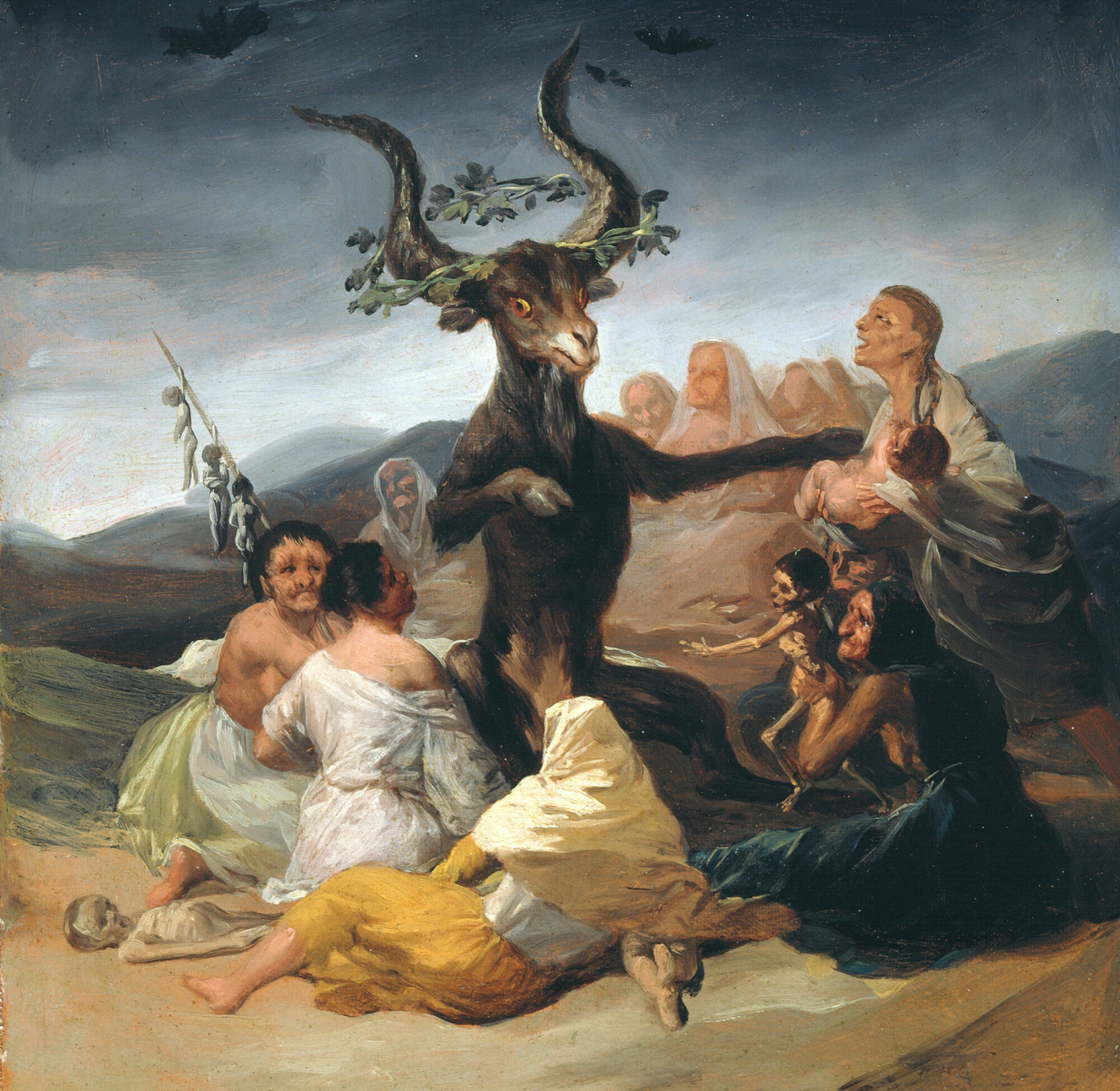Readings
Lyndal Roper, Witch Craze: Terror and Fantasy in Baroque Germany (Yale University Press, 2004).
Preparation for Class
For this class, we will be using the Academic Reading Circles framework outlined here:
This discussion will take place in your small groups. Please see below for who has signed up for each role in your groups. Remember to prepare for your role in advance so your group can have a meaningful discussion!
The other questions we’ll be exploring in class are:
1. Why were witch hunts so heavily concentrated in Germany? (Roper talks about this in the whole book but lays out the key points of her argument on pages 7-9).
2. Why does Roper believe witchcraft as a crime was gendered as female? Why are women more likely to be accused of witchcraft in Germany? What types of women in particular? (See Part Three of her book Chapter 6 “Fertility” and Chapter 7 “Crones”). Roper provides a more explicit gendered analysis of any historian we’ve read about the witch hunts so I want to explore her reasoning in class. It links to multiple ideas related to ideological views of women’s bodies and morals, Protestant and Catholic beliefs around women’s roles in society, and others. I’ll provide some background on the ideology that Roper glosses over.
3. One of Roper’s goals is to look at cultural representations of witches to see how they reflect the witchcraft fantasies and terrors she highlights. We’re going to be analyzing some artistic representations of the witches’ sabbath from the 17th century. Roper does this type of analysis in Chapter 6 and 7 so make sure that you read them (they’re part of question 2 too!). She says “these preoccupations about fertility, women’s bodies, and the fragility of infancy lay at the heart of witchcraft in Germany, and it was in German art that the image of the witch found its fullest expression.” (page 151) We’ll be thinking about how those themes tie together in art in class.
Chatboard Group Discussion
We’ll start our discussion of this week’s reading on the chatboard. If you are signed up, please post 1-2 questions in your group’s channel. These questions can ask about your group’s thoughts regarding the whole book or specific aspects of it, relate to sources or specific arguments, highlight themes… it is up to you! Just make sure they are open ended (not questions that would elicit a yes/no answer) as the idea is to get your group chatting with one another.
Questions should be posted by Monday evening. For the rest of the group members, please respond before class on Thursday.
